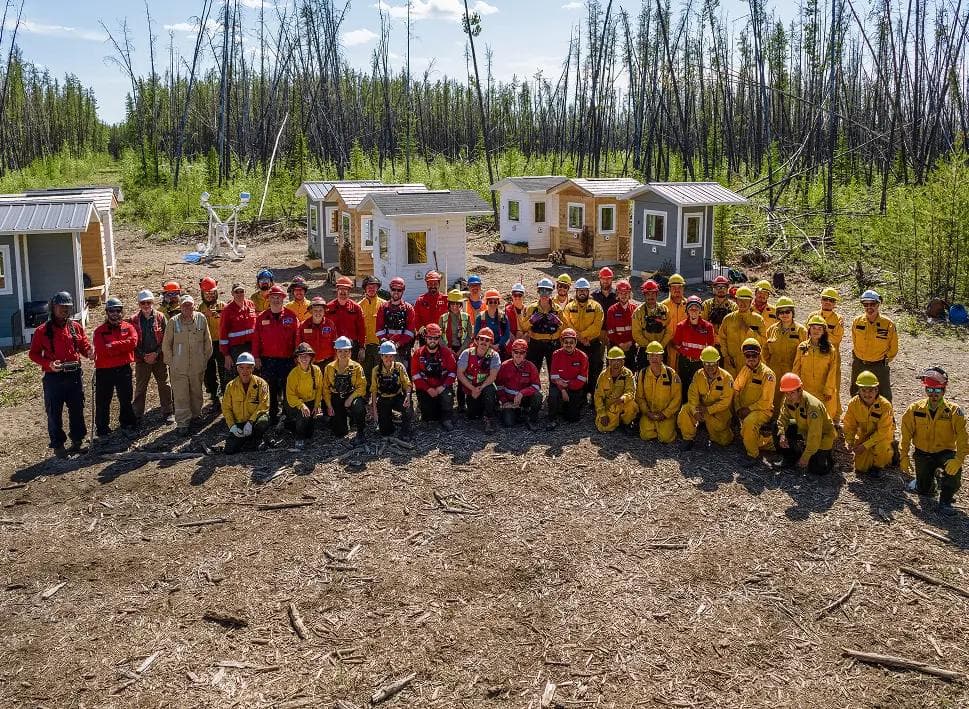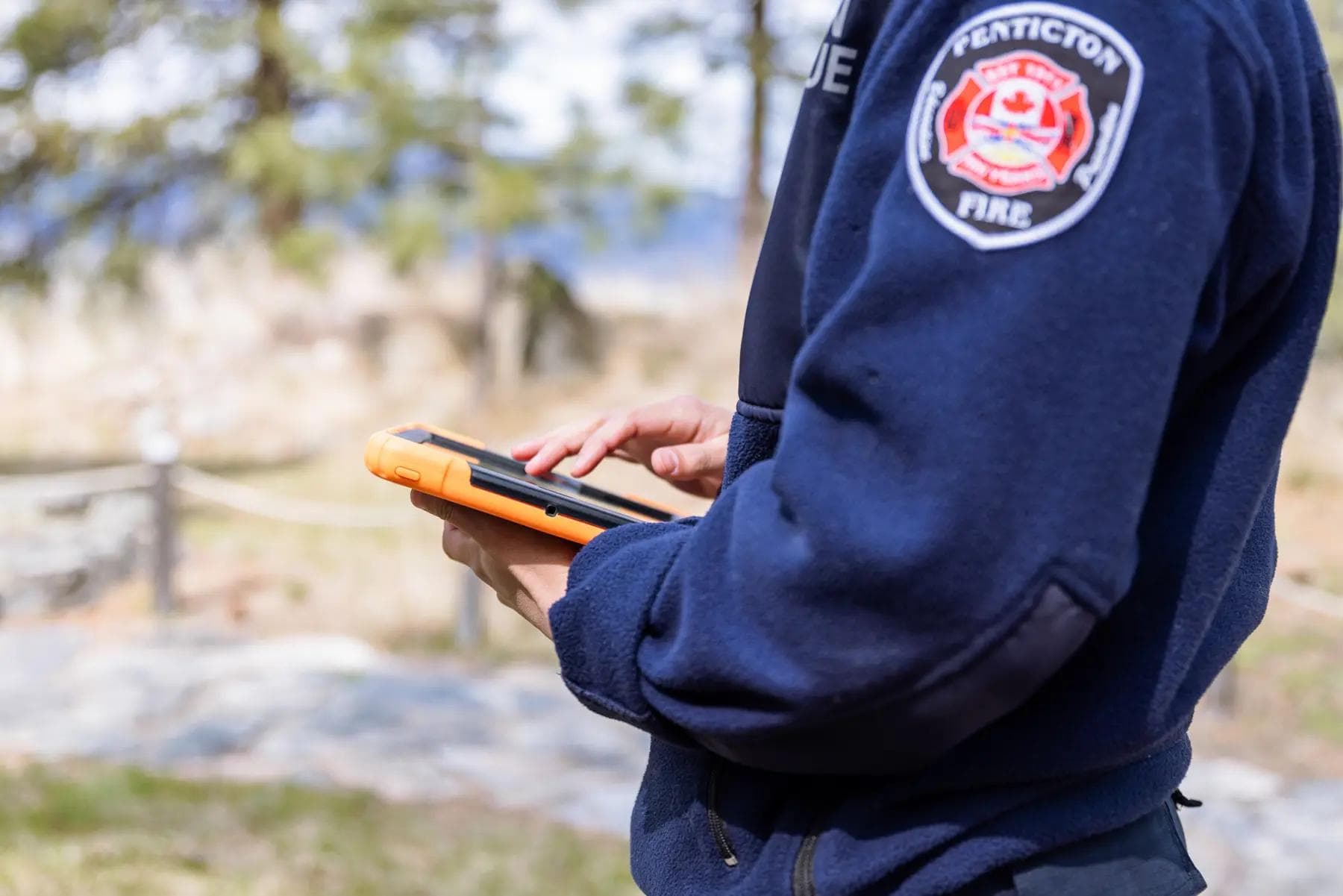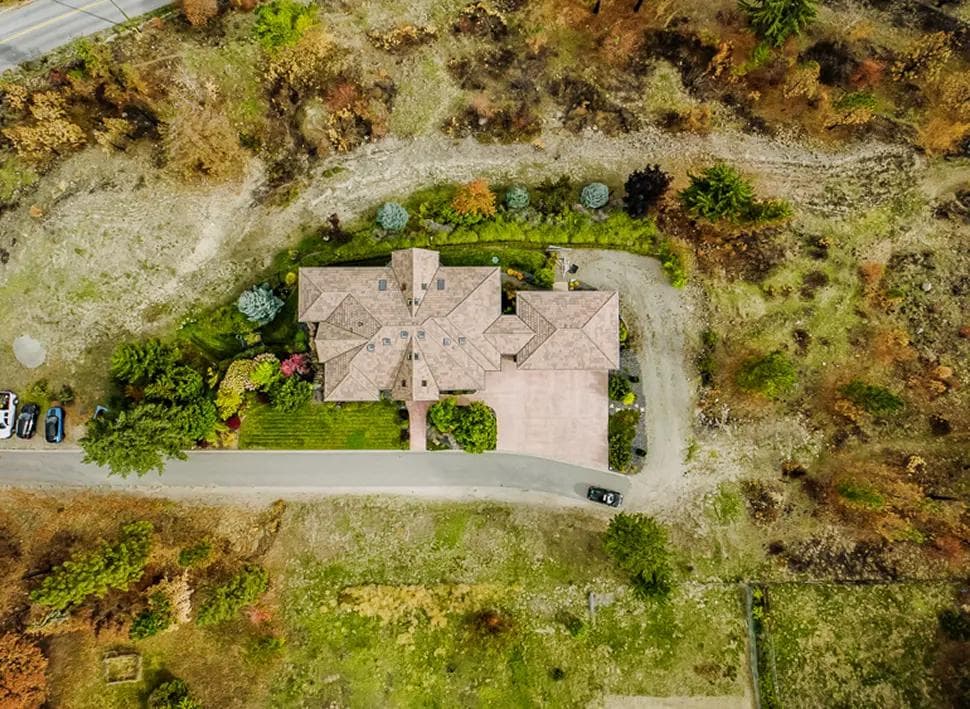Wildfire Community Impact Research (WCIR) Program
Standardizing How We Study Wildfires.
Scroll Down to Explore


01 Response Time
Rapid deployment of WCIR teams when wildfire enters a community helps to ensure that time sensitive data are not altered. It also allows for more efficient communication of results, including new data that can be considered in recommended FireSmart practices.


02 Standardization
The use of standardized methods:
- Accelerates data sharing and our ability to build knowledge.
- Empowers the use of integrated solutions to make communities wildfire resilient.
- Allows results from different communities impacted by wildfire to be compared.
- Allows for easier incorporation of new and advanced technologies such as remote sensing.


03 Applicability
WCIR seeks to gain a better understanding of the real-world characteristics of homes and other buildings and how these characteristics influence structure survival when exposed to wildfire. Since we are still learning about structure ignition from wildfires, we need data directly from Canadian communities to ensure policies and practices are applicable to conditions in Canada.